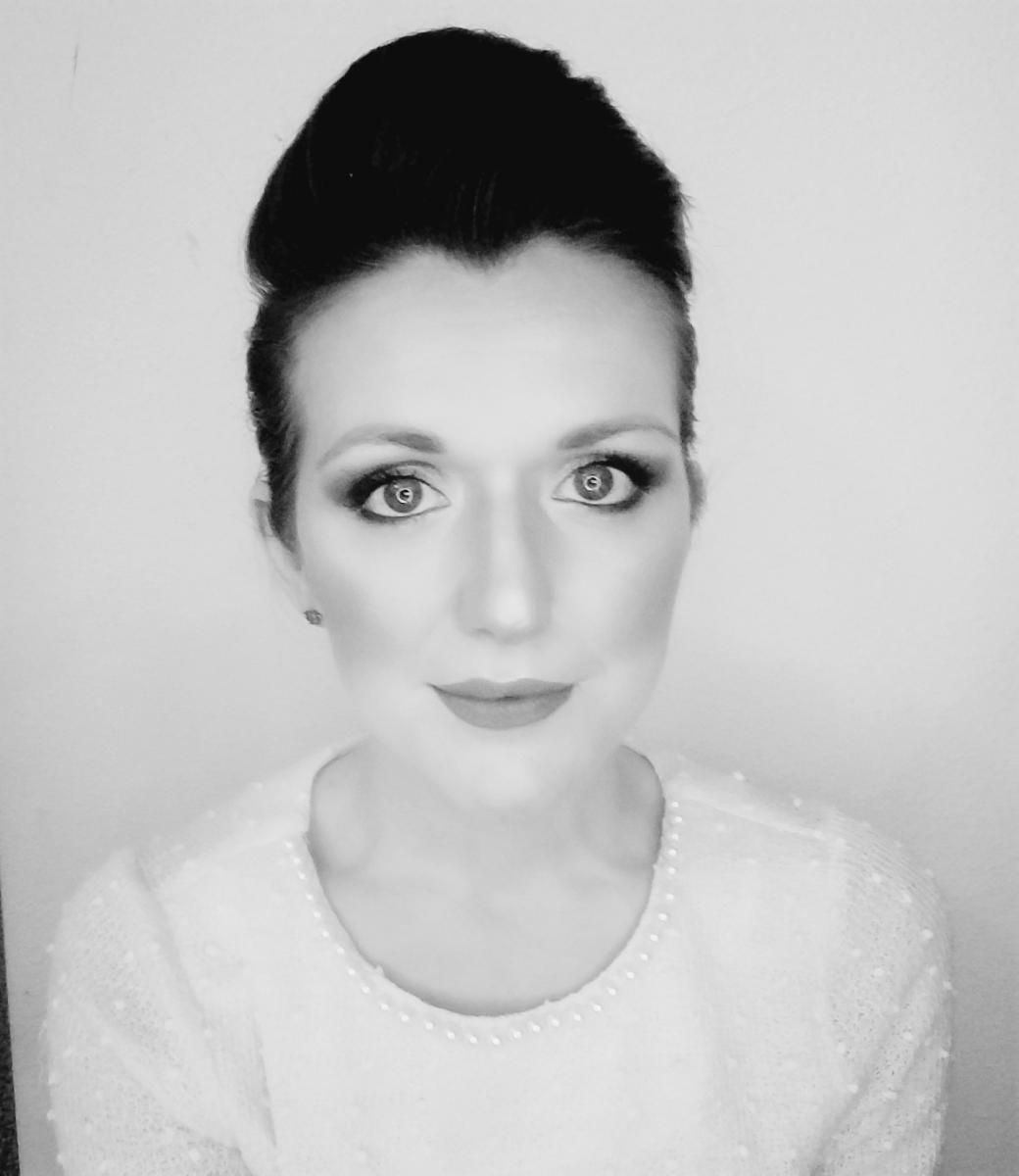Article
Reacting to Drug-Seeking Accusations as a Rare Disease Patient
Author(s):
Rare Disease Report sat down with acute intermittent porphyria patient Nichol Kirby who was diagnosed in 2015 and accused of being a drug seeker looking to feed an opioid addiction.

The annual rate of death via opioid addiction has increased significantly in years past, and the National Institute of Health shows that there was a 21% jump in people who died from overdoses between 2015 and 2016.
Recent news stories have highlighted the fact that, according to statistics, more people have died from opioids in the past year than both breast cancer and the Vietnam War. As a patient with a difficult-to-diagnose rare disease, it’s easy to understand how the search for pain alleviation can be confused with drug-seeking behavior, but that doesn’t make dealing with those accusations any less difficult. Rare Disease Report sat down with acute intermittent porphyria patient Nichol Kirby, an Indianapolis native who was diagnosed in 2015. In the conversation, she emphasized how frustrating the road to a proper diagnosis can be.
--
RDR: What did it feel like the first time you thought you were being accused of drug seeking?
NK: I am one of those people who doesn’t get embarrassed easily, and I was irate. At the time, I had a 2-year old son. In Indiana, we have a huge opioid epidemic, and many people that I went to middle and high school with have succumb to it. It’s a huge epidemic, so I understand where people’s concerns came from, but at the same time, it was terrifying.
RDR: In retrospect, were you frustrated at the fact that nobody seemed like they could help you?
NK: I was in so much pain, and there was nothing that anyone could do for me other than judge me. I look back, and it’s not in embarrassment of shame. I look back and it makes me so angry because I know other people are going through the same thing, but they don’t have the health literacy that I have. They don’t have the advocacy or the support that I’ve got. It makes me very angry, not necessarily at the healthcare system, but more at big pharma and the government in general. It makes me feel let down by a country that’s supposed to be the dream. Everybody wants to come here because we thought that we could have access and be treated kindly, and be given the care that we’ve needed, and that is simply not the case.
RDR: Did anyone give you any advice at how to approach your situation?
NK: I talked to my son’s father, and I told him I wasn’t getting any better. My mom drove in from 75 miles away, and she was doing everything she could in terms of bringing me over-the-counter, Pepto Bismol-type drugs. Finally, my son’s father was like, ‘Look. Go to Methodist Hospital because you haven’t been there yet, and don’t present with pain. Just tell them you can’t stand being sick anymore. Tell them all of your symptoms, but leave the pain out.’ I did that, and they admitted me. When they admitted me, it was a blessing in disguise, because about two hours later, I had a really bad seizure. My older sister was in the room, and she says that my face turned blue and my oxygen was below 50%. At that point, they decided they were going to keep me until they figured out what was wrong.
RDR: Did your perspective on anything change after the accusations, or while you were still waiting on your diagnosis?
NK: You can hear the gears turning in my voice when I talk about it; this made me rethink everything in my life. Until I had that seizure on that bed, in that hospital, on October 12th, 2015, I felt immortal. I was a happy-go-lucky person, and in that moment, I realized that we all really do die one day. I had never had that feeling before. I can say that once I was in the hospital, I did myself a favor because my doctors were offering me a really strong medication and I refused it. I said, ‘Give it to someone else that needs it because my pain is so severe, and it’s not going to help me.’
RDR: What kind of outlook do you have on the situation now that you have been officially diagnosed?
NK: I’m one of the fortunate ones; I was diagnosed in 12 days once I was finally admitted and believed to be sick. There are people who I’ve read about who went for 20 and 30 years and even lost parents and loved ones to porphyria without ever having known they even had it.
--
For more from the patient perspective, follow Rare Disease Report on Facebook and Twitter.





